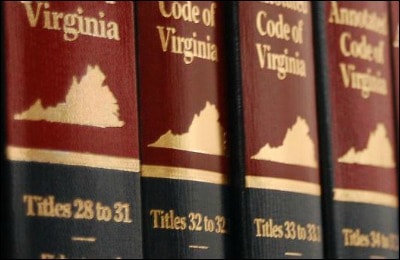 As we celebrate graduation season and waves of 18-year-olds going off to college or joining the military, we also think about the freedom that comes along with officially being an adult. For parents, you have maintained custody and control over your child their entire lives, and they are now free to make their own decisions.
As we celebrate graduation season and waves of 18-year-olds going off to college or joining the military, we also think about the freedom that comes along with officially being an adult. For parents, you have maintained custody and control over your child their entire lives, and they are now free to make their own decisions.
However, there are certain instances where a teenager may seek to emancipate themselves from parental control prior to age 18. This is called the emancipation of minors, and is governed in Virginia by Virginia Code Section 16.1-331, et seq.
After a hearing, a Virginia court may declare a minor over the age of 16 as emancipated if the court finds the following:
- That the minor has entered into a valid marriage;
- That the minor is on active duty with any branch of the U.S. Armed Forces;
- That the minor willingly lives separate and apart from their parents or legal guardians, with parental or guardian consent, and that the minor is capable of supporting themselves financially and managing their own affairs.
An emancipated minor will have the same rights and responsibilities as a child who has reached age 18, including:
- The ability to enter into a binding contract, such as a lease for an apartment;
- The ability to consent to medical treatment without parental knowledge or liability; and
- The ability to obtain a driver’s license without parental consent.
The emancipation of a minor releases the parents or legal guardians from certain obligations. Specifically, they will no longer be required to financially support the child, and will no longer be liable for the child’s actions, such as when the child is truant from school.
It is important to distinguish a legally emancipated minor from one who is simply mature. Although a teenager may be employed, living alone or cohabiting with another, and otherwise living as an adult, that child’s parents or legal guardians are still responsible for their custody and control unless the child has been emancipated by a court. So, for example, a minor who has not been emancipated, however mature that child may be, is unable to petition the court for a protective order. See Opinion 10-116 of the Virginia Attorney General, issued in January 2011.
It is important to speak with an attorney if you are either a teen seeking emancipation, or a parent whose child is seeking emancipation. Livesay & Myers, P.C. has teams of experienced family lawyers in Manassas, Fairfax, Ashburn and Fredericksburg, Virginia. Contact us to schedule a consultation today.
